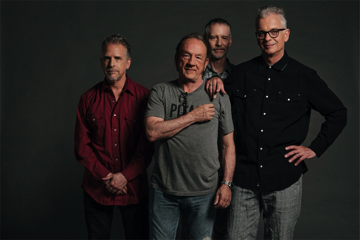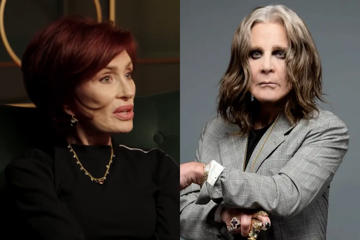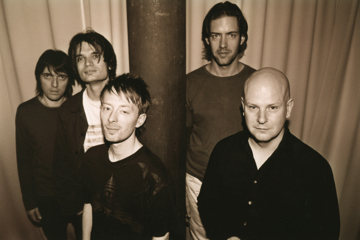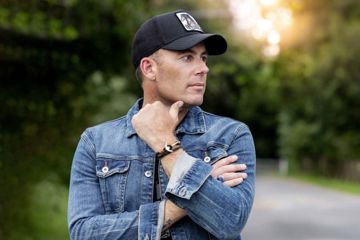Miles On The Clock
"I think the experiment was pretty successful, creatively anyway."

It doesn’t seem like very long ago that Kiwi rockers The Datsuns were the new kids on the global rock block, blowing everyone away with their retro stylings, but a lot of water’s passed under the bridge since then. These days the four-piece are verging on elder statesmen status, with six records and well over a decade of experience under their belts, and – despite now being scattered to the wind and living all over the planet – they’re showing no signs of banging on the brakes anytime soon. Their new album Deep Sleep finds them continuing on their merry way, although it was birthed in somewhat different circumstances than usual.
“We wrote the new record really, really fast at the start of the year – we basically wrote it as we recorded it over that ten day period,” recalls vocalist/bassist Dolf de Borst. “We live on two different sides of the planet and some of us are starting to have families and stuff now, so all of that has to be taken into consideration, and when we do see each other it’s like, ‘Let’s try and make a record!’ It was all very spontaneous, I think we had maybe two or three days booked, and that ended up becoming five or six days, and then we were, like, ‘Fuck, let’s try and make a record!’ We’d never really tried anything like this before in that quick a time, so we kind of set ourselves a bit of a manifesto – which we don’t normally do – and I think the experiment was pretty successful, creatively anyway.
“The album we did before, Death Rattle Boogie, half of it was done in Sweden and half of it was done at a studio in Auckland called Roundhouse Studios, owned by Neil Finn, and we got into a nice rhythm working there. So when we went back [to Roundhouse this year] we’d been really comfortable there, so this time around we wrote down specifically how we wanted things to sound and how we wanted to go about recording. It was all done very, very fast.”
Rather than usher in a feeling of tyranny of distance, de Borst believes that the bandmates being separated from each other serves to keep the dynamic fresh.
Don't miss a beat with our FREE daily newsletter
“The thing is that we’ve always been massive music geeks, and we’re super into ‘60s and especially ‘70s stuff – not just classic rock stuff, but record collector geeky stuff too,” he admits. “Plus all the modern stuff we listen to. So when we get together it’s, like, ‘Check out this record!’ or ‘Check out this weird thing I found!’ – we’ve somehow managed to stay music fans. Which is really important because with a lot of musicians, especially as you get older, the cynicism can really set in, like, ‘I’ve heard this before’. We try to stay fresh in our approach to music and try to stay in love with it, because it’s so easy to fall into, ‘Fuck that band’, or ‘This band sucks!’ or whatever.”







